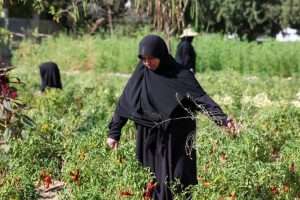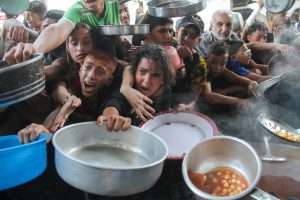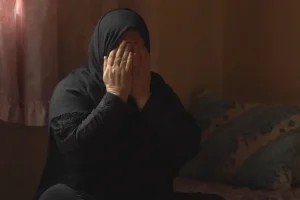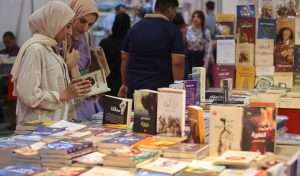The Nairobi women reviving traditional agriculture
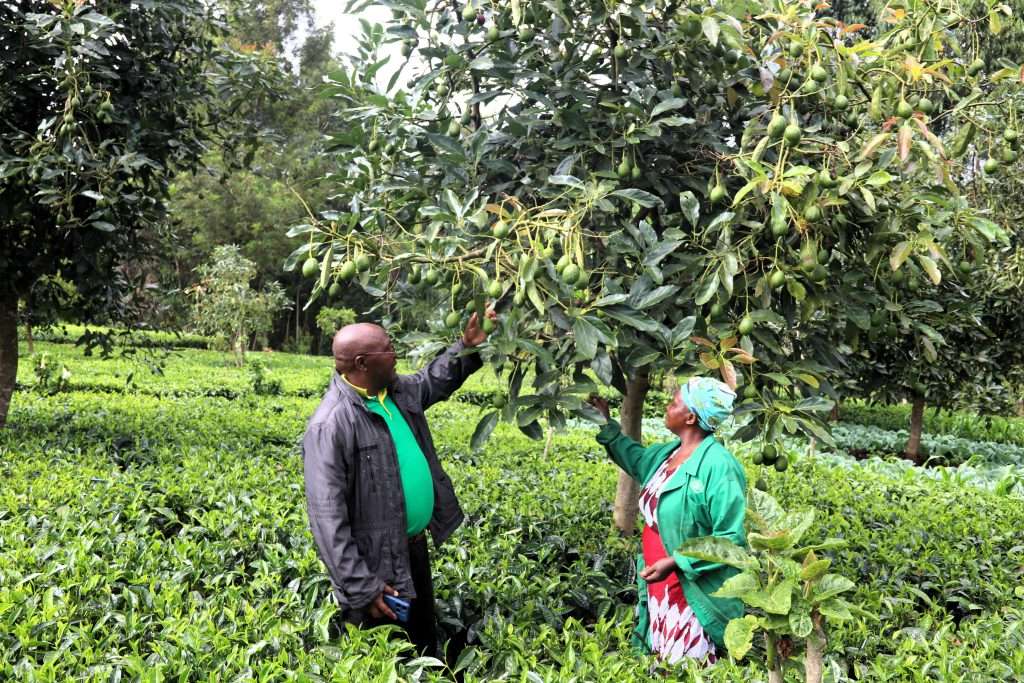
Enos and Tabitha Muriuki replanted more climate-resilient tea and diversified what they grow on their smallholding in Kirinyaga County, Kenya. Mark Hillsdon/Handout via REUTERS
In the slums of Kibera in Nairobi, a group of Nubian women are turning neglected urban spaces into fertile grounds for indigenous agriculture reported Africanews via AFP on 22 October.
Founded in 2019, the Mazingira Women Initiative (MWI) empowers women from the Nubian community to grow traditional vegetables using smart urban‑agricultural techniques. They blend hydroponics and circular‑garden systems to maximise small plots and recycle food waste into organic fertiliser, merging ecological innovation with cultural continuity.
These women emphasise the importance of their own food culture. Among crops grown are amaranth, okra and mulkia (jute mallow) which are ingredients used in Nubian dishes such as stew, and pancakes like eaten with vegetable stews.
Salma Rashid, one member of MWI, said, “In our community, almost 90 per cent of the people prefer traditional foods like the indigenous vegetables.”
But it is not without obstacles. Urban farms in informal settlements face uncertain tenure.
Malasen Hamida, the initiatives founder, said,“In informal settlements, sometimes there is no guarantee that you will actually be growing your own vegetables for a very long time … somebody decides that they want to utilise the land for a different purpose.”
Adding to the challenge is the need to adapt to climate change in unpredictable urban contexts.
Stephen Otieno, urban‑planner, said,“I think climate change sort of shifts the goal post for urban farmers … it’s important that they also try to adapt as much as possible.”
For the Nubian women of Kibera, this work is more than farming. It’s about reclaiming land‑based connection, strengthening community food sovereignty, and reviving cultural identity. It offers a replicable model for urban agriculture in crowded informal settlements, linking heritage, sustainability, and social empowerment.
Africa News via AFP, Maghrebi.org
Want to chase the pulse of North Africa?
Subscribe to receive our FREE weekly PDF magazine





